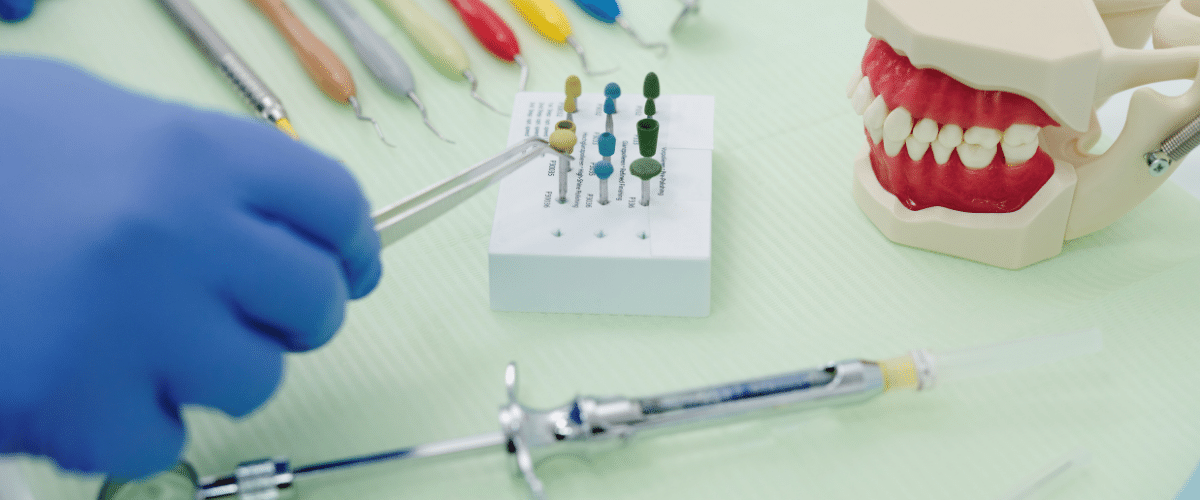
Periodontics
Periodontal disease is a variety of diseases of the periodontal tissues that result in attachment loss and destruction of alveolar bone.
Periodontal diseases take on many forms but are generally a result of the accumulation of plaque biofilm in the teeth and gingiva. This is often combined with host immuno-inflammatory mechanisms and other risk factors and may lead to destruction of the supporting bone around natural teeth. When left untreated, these diseases can result in tooth loss and bone. Good oral hygiene including twice daily flossing and brushing can help prevent these diseases.
Risk Factors
A few common risk factors include:
Smoking Tobacco – smoking tobacco is a major risk factor for periodontal disease.
Diabetes Mellitus – There is a close relationship between periodontal disease and blood glucose levels.
Obesity and vitamin d deficiency – Obesity is commonly associated with a poor diet and lack of vitamins and a poor diet
Poor Oral Hygiene – Twice daily flossing and brushing help to remove plaque and maintain good oral health.




